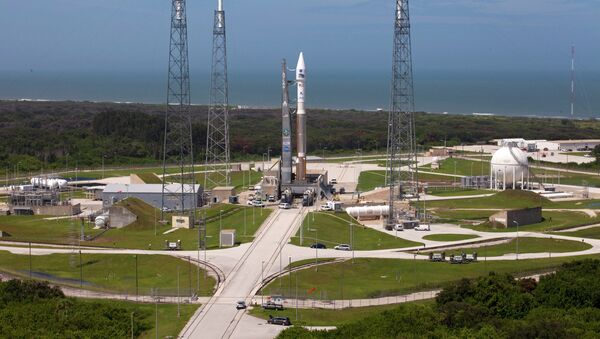"Teams are now working a spacecraft anomaly and we will not launch right at 5:42pm [22:42GMT]," the agency tweeted, adding later it was a "launch vehicle issue."
The liftoff is scheduled to occur from Space Launch Complex 41 at Cape Canaveral Air Force Station in the southern US state of Florida. The one-hour launch window opened at 5:42 p.m. local time.
The rocket will send into orbit a NASA-built Geostationary Operational Environmental Satellite-R, or GOES-R, a next-generation geostationary satellite touted as a "game-changer" and a "life-safer" by the agency.
It will send images of weather patterns and severe storms back to earth as regularly as every five minutes. This means that forecasts will be timelier, allowing the National Weather Service to make warnings much faster, which will potentially save lives.



